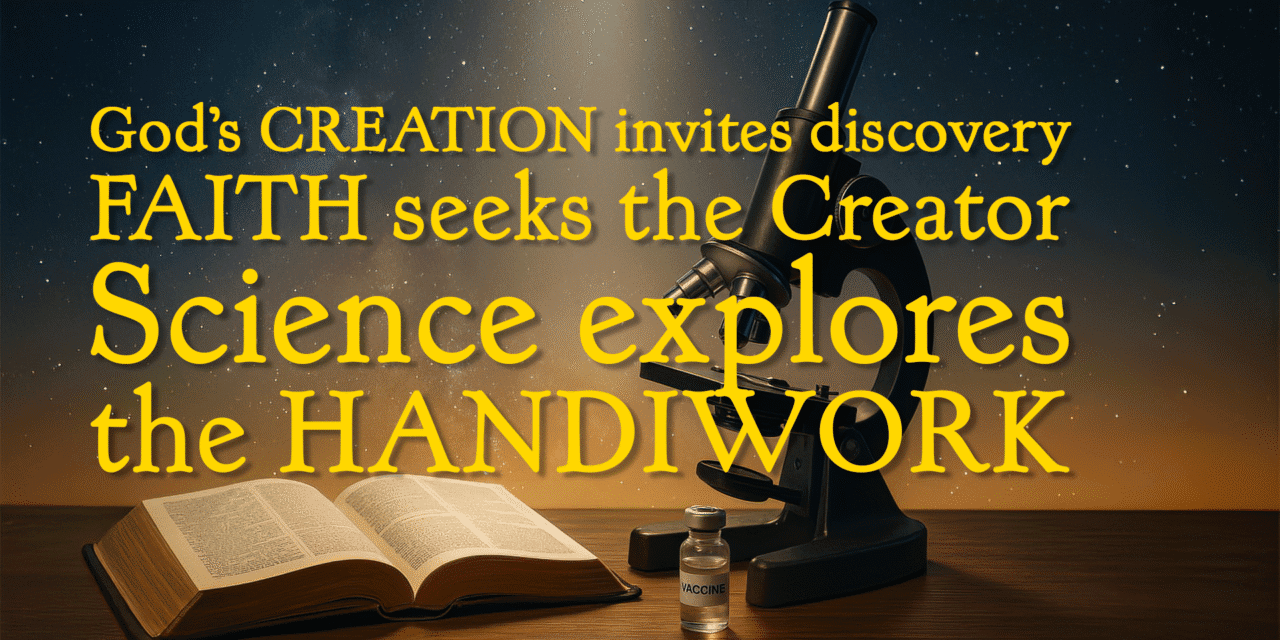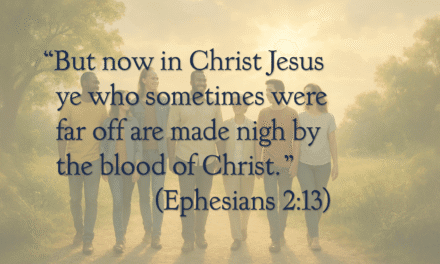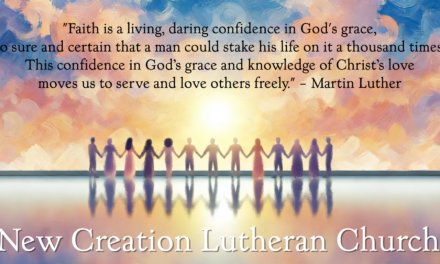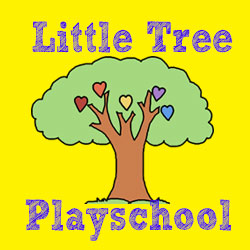In 2010, a team of scientists published a study claiming they had discovered bacteria that could live off arsenic instead of phosphorus. The idea was dramatic — it seemed to challenge what we thought we knew about the building blocks of life. But over the years, other scientists tried to replicate the findings and couldn’t. Recently, the journal formally retracted the study, acknowledging errors in its methods and conclusions.
Some might see this as science being “unreliable.” But in reality, it’s an example of science working as intended. The scientific method is built on testing, verifying, and revising. Scientific work is never meant to be final; it give us our best explanations based on the evidence available, and sometimes explanations shift as better evidence comes to light. This reflects not weakness, but the complexity of the world God created — a creation so rich and layered that we will spend lifetimes uncovering its mysteries. Our deep desire to understand is part of how God made us, pointing us back to the Creator who delights in both our questions and our discoveries.
Truth, Humility, and Faith
The Bible reminds us that truth is worth seeking:
- “The fear of the Lord is the beginning of knowledge” (Proverbs 1:7).
- “Test everything; hold fast to what is good” (1 Thessalonians 5:21).
This same spirit is reflected in science’s willingness to reassess. Just as Christians are called to confess mistakes and grow, science “confesses” when it was wrong and looks for a better answer.
Vaccines: A Case in Point
This matters for more than academic debates — it affects daily life. Vaccines are one of the clearest examples. When vaccines were first developed, they were tested, questioned, improved, and re-tested. Over decades, the evidence has grown overwhelming: vaccines save millions of lives by preventing disease. Yet the anti-vaccine movement thrives on mistrust of science, often painting the process of testing and correction as unreliability rather than integrity.
That mistrust is frequently fueled by pointing to isolated or even fraudulent studies as if they prove all of science untrustworthy. The most infamous case is the discredited autism-vaccine link paper from the 1990s, which was later proven to be fraudulent and retracted. Using false or flawed studies to reject the vast body of legitimate research misunderstands how science works. The retraction of bad studies isn’t a weakness — it’s a strength. It shows science has the courage to admit error and correct itself.
Faith and Responsibility
For Christians, this carries a deeper responsibility. We are called to care not just for ourselves, but for our neighbors. Vaccines aren’t only about personal choice — they are about protecting the vulnerable: children, the elderly, the immunocompromised.
Jesus taught us, “Love your neighbor as yourself” (Mark 12:31). Choosing to accept the gifts of medicine and vaccination can be one way of living out that command, ensuring our choices don’t endanger those around us.
Within our Lutheran tradition, science and faith are not seen as rivals. ELCA teaching encourages vaccination, seeing medicine and public health as God’s gifts and ways in which we live out our love of neighbor. Health is understood as “a shared endeavor” — when we protect others, we’re following Christ’s command to care. (See ELCA’s Caring for Health: Our Shared Endeavor, the Faith & Vaccines reflection, and churchwide vaccine confidence guidance).
Final Thought
Science and faith are not enemies. Both pursue truth — one through testing and evidence, the other through wisdom and revelation. When we see science revise itself, as in the case of the arsenic bacteria study, we should not despair. We should celebrate the honesty, the humility, and the pursuit of truth.
And when it comes to vaccines, we should see them not as a threat to faith, but as a tool God has given us through human discovery — a way to protect life, love our neighbors, and steward the gift of health.
Disclaimer: I serve on the leadership team of New Creation Lutheran Church, but I am not a pastor nor formally trained in theology. I do my best to keep these reflections aligned with the ELCA, our pastor, and the values of our congregation. However, these posts are my own. All members are warmly invited to contribute their thoughts as well — whether in response or by sharing their own reflections.








 Our Latest Updates on
Our Latest Updates on
